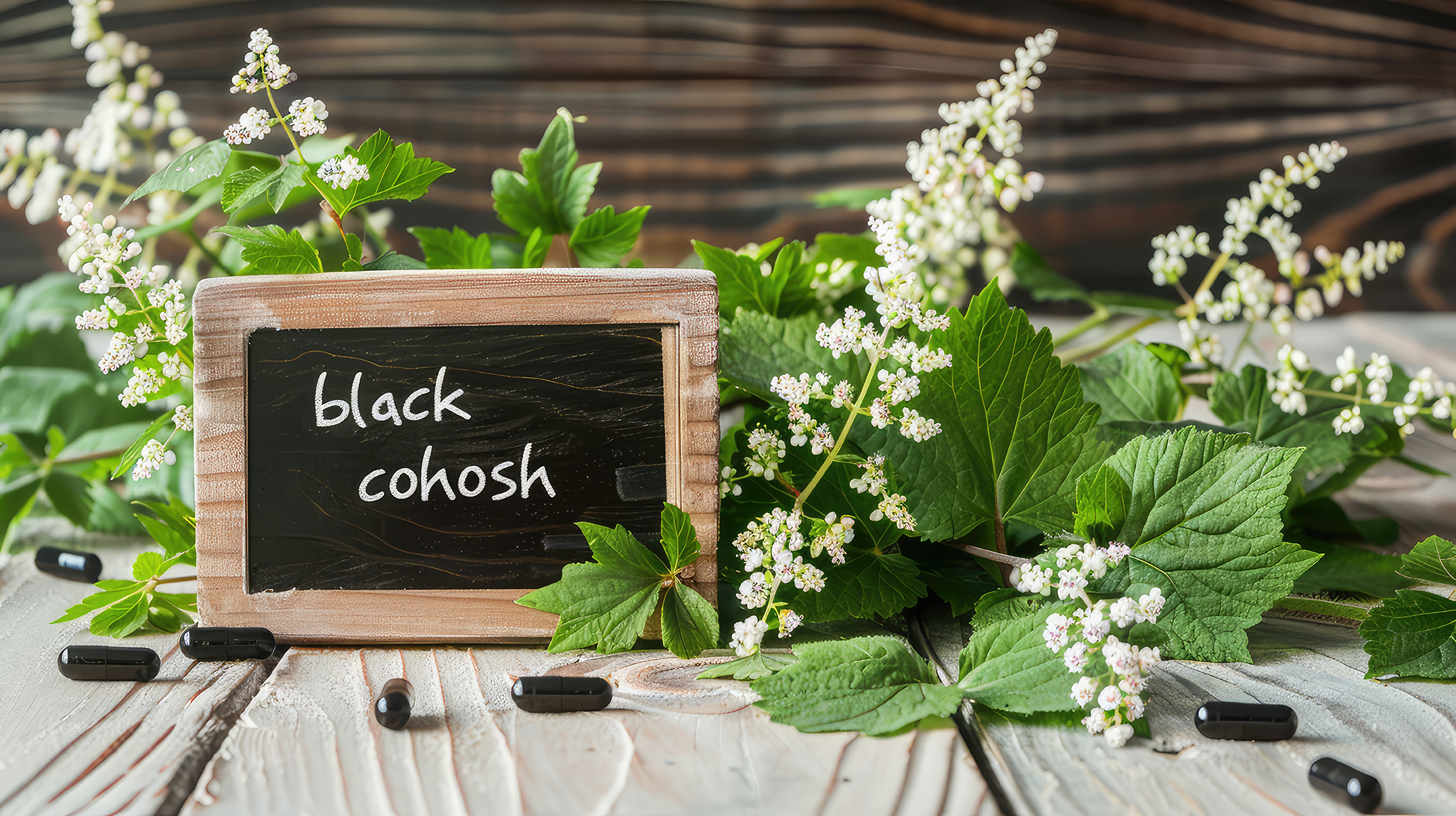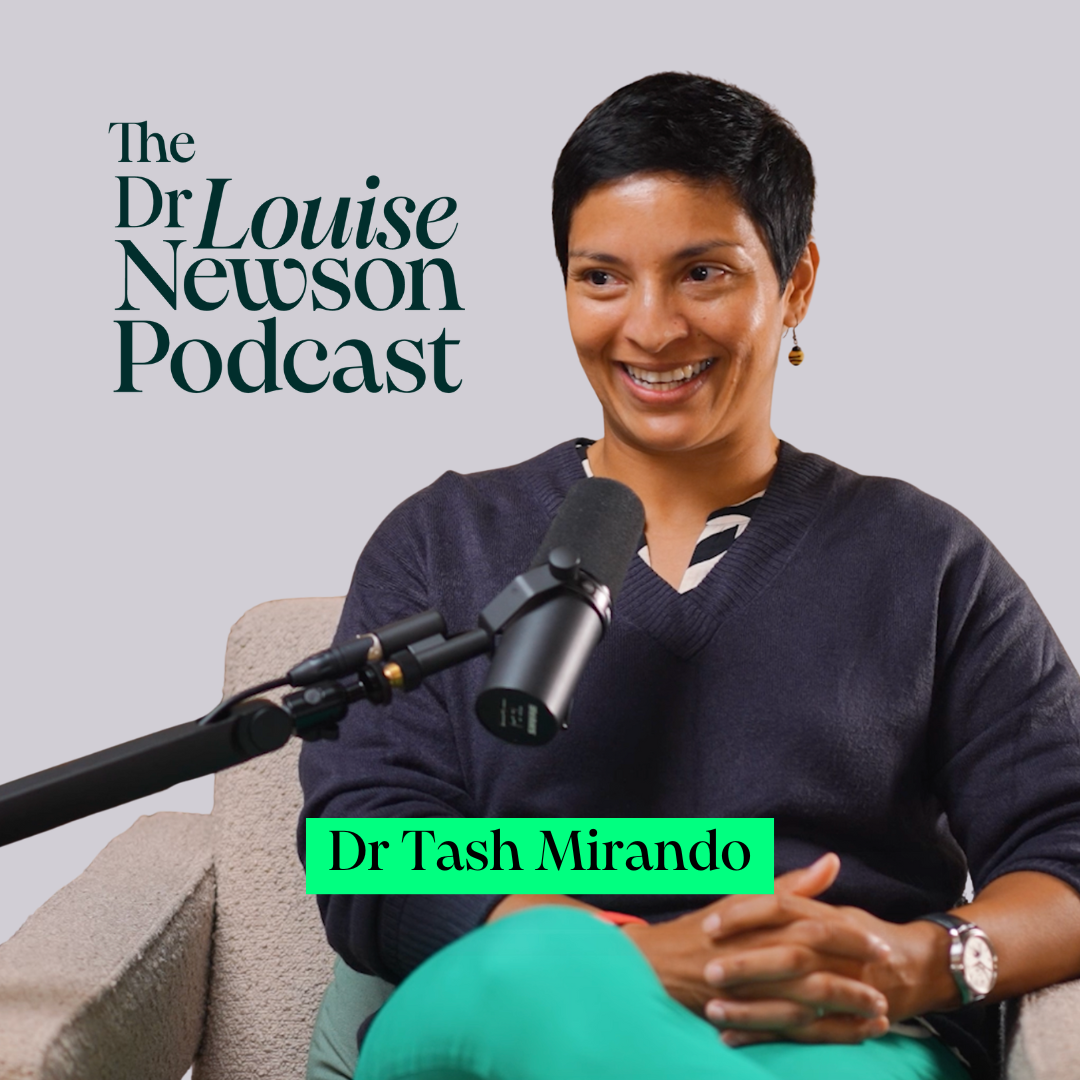Considering taking a black cohosh supplement for your perimenopause or menopause symptoms? Here's what you need to know
Black cohosh, the root of a North American herb related to the buttercup, is a supplement that’s often taken by women during perimenopause and menopause to help relieve symptoms such as hot flushes and night sweats, muscle and joint pain, and mood changes.
It comes in tablets and gummies, and is widely available.
How does it work?
Black cohosh contains plant phytoestrogens, which are plant-derived compounds that have a similar structure to your estrogen. However, they do not have the same chemical structure as estradiol (the most potent form of estrogen) so will not have the same effect.
Some researchers believe that black cohosh has a serotonin-like effect or a painkilling effect.
RELATED: Perimenopause, menopause, aches and pains
How effective is black cohosh?
NICE menopause guidance states that that there is some evidence that supplements of the herb may have an impact on hot flushes and night sweats [1]. However NICE also notes that the quality and safety of these supplements is uncertain and there may be interactions with other medication.
Research has been very mixed with some studies, including a gold standard Cochrane review, finding no evidence it works on menopausal symptoms [2].
What are the side effects?
Common side effects include stomach upset, nausea, skin rashes and headaches. Other reported side effects include breast pain/enlargement, infection, vaginal bleeding/spotting, and muscle and joint problems. Black cohosh has also been associated with liver damage.
Most studies have examined black cohosh use for short periods – there are no published studies that assess the long-term safety of black cohosh in menopausal women.
Who can take it?
Cancer Research UK recommends that women with breast cancer, liver problems or high blood pressure don’t take black cohosh as there is a lack of research on the impact it could have [3].
RELATED: A guide to menopause if you've had breast cancer
Speak to your healthcare practitioner regarding your menopause symptoms and individual benefits and risks for treatments.
What’s the bottom line?
The most effective evidence-based treatment for perimenopausal and menopausal symptoms, is HRT because it targets the underlying cause – low hormones. Also, HRT is bone, heart and neuro-protective, and reduces all-cause mortality by 30% [4].
Any herbal supplement should be chosen with care – they are not tested and regulated in the same way as medications and the purity and quality of ingredients can’t be guaranteed.














